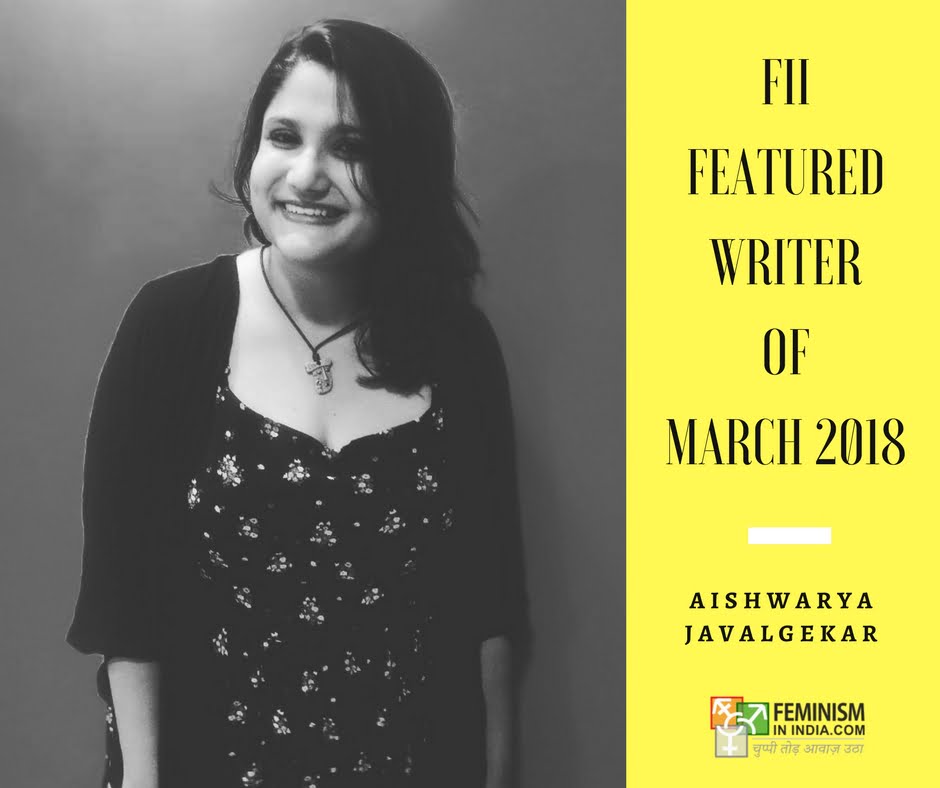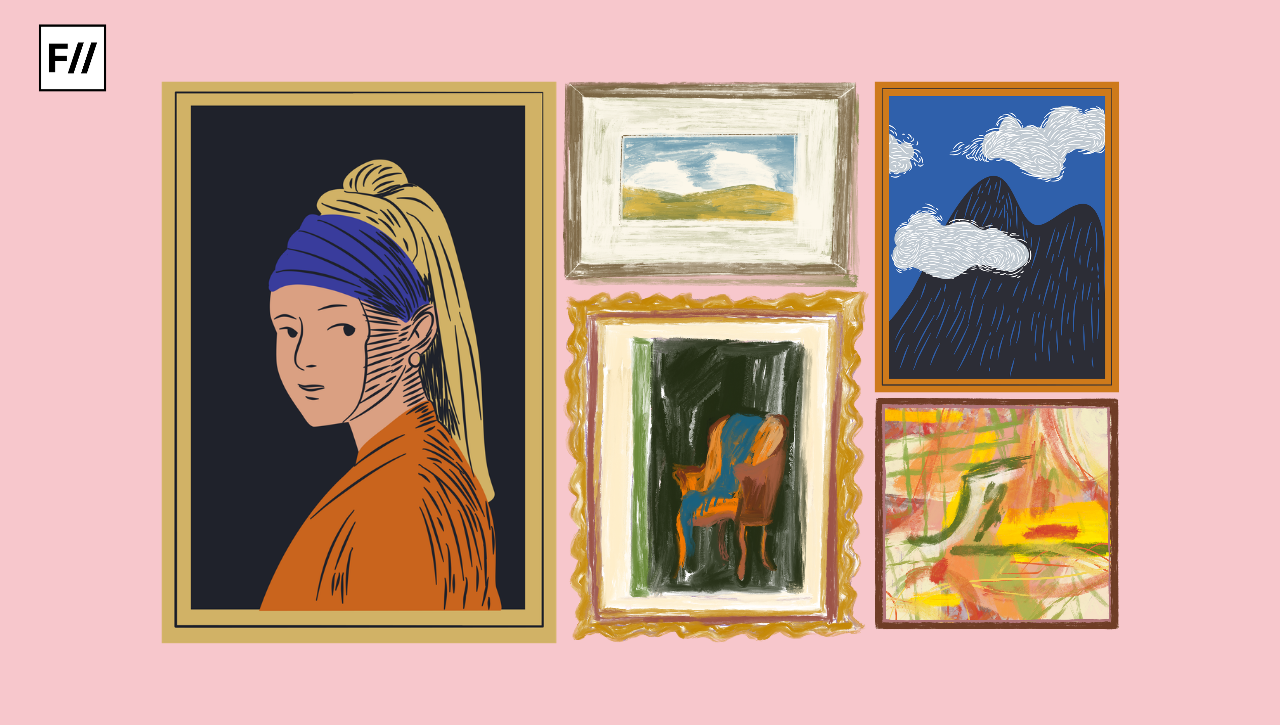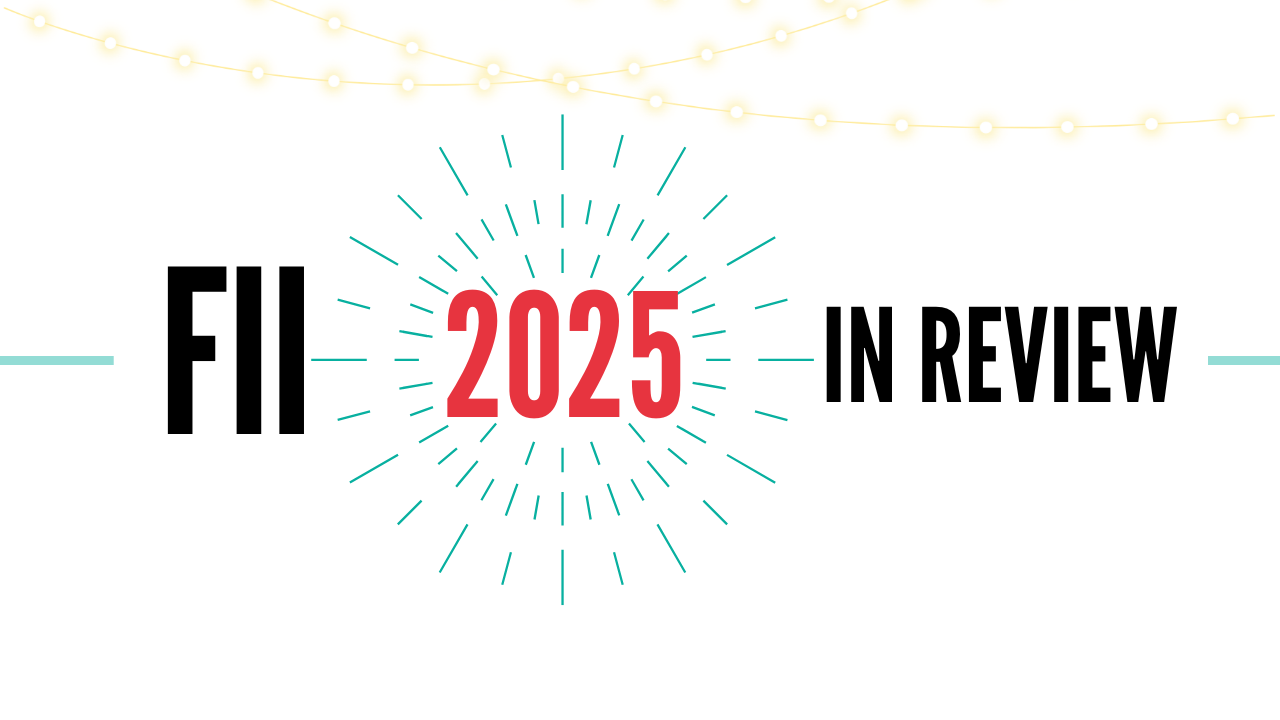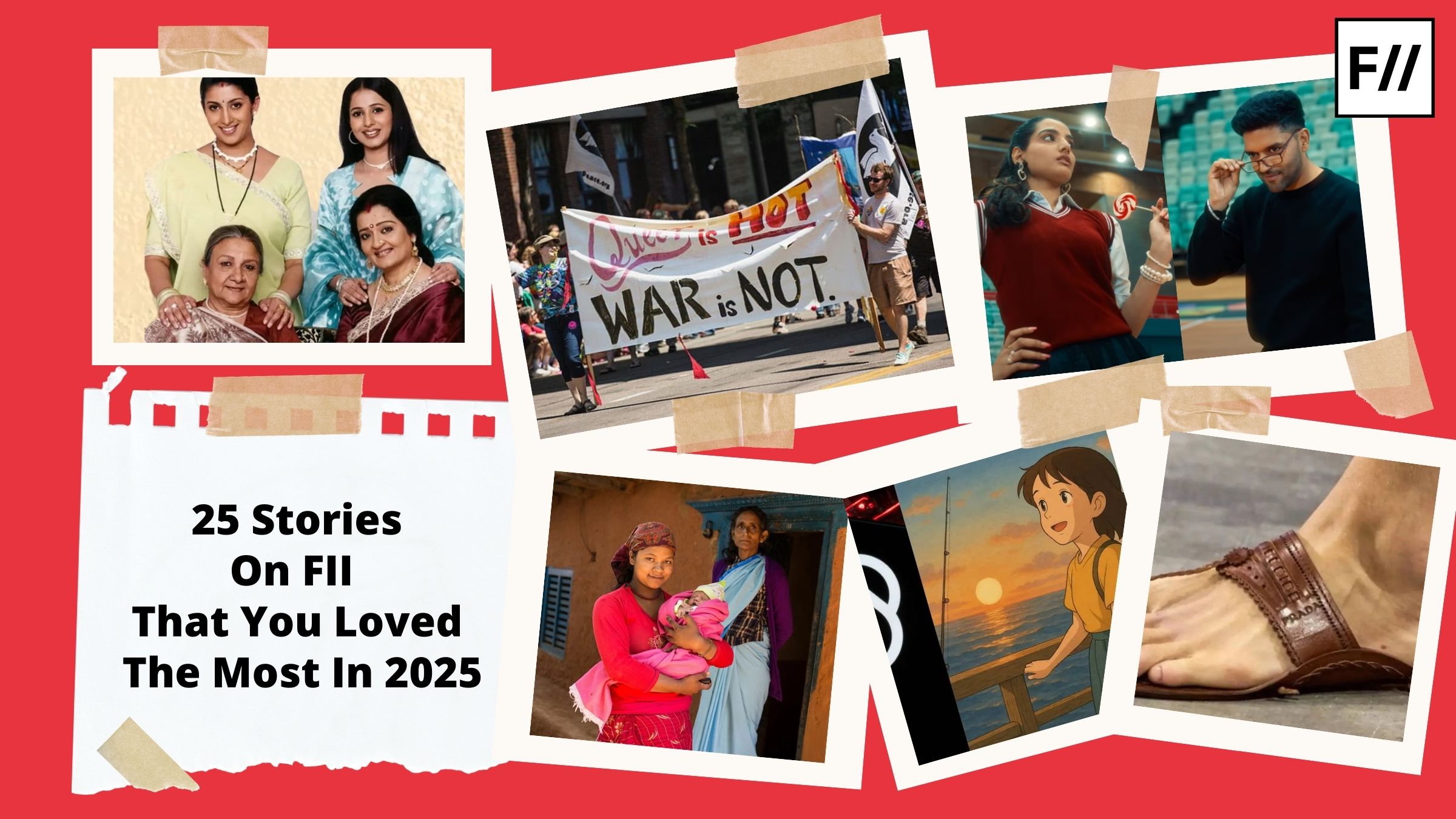We have been featuring the best writers from our writers’ community for their committed contribution to FII, making it what it is today. FII would not exist if not for the passionate and loyal feminist writers’ community that we have steadily been building over the last three years.
This March, we feature Aishwarya Javalgekar. In the time spent with us as part of our writers’ community, Aishwarya has demonstrated a flair for writing that encompasses a wide variety of themes and a sense of empathy in all that she writes. Some of her more apt pieces include a history of feminist theatre, pop culture and domestic labour.
FII: Tell us a little about yourself and what you do.
Aishwarya Javalgekar: I am a graduate in Media, Literary and Cultural Studies. I am currently planning for my Masters studies abroad. In the meantime, I fill my days with reading and writing poetry and fiction.
FII: How did you become a part of the FII writer family?
AJ: I came across FII’s website almost a year ago when I was looking for organizations that reflected my feminist politics. I was told by some well-meaning friends at the time that my blog had started to sound too ‘feminist’. So I decided to establish that I, in fact, was one by writing for a feminist organization.
I applied to become a contributor at FII and have been writing articles on and off ever since. It has made me more aware of gender-based issues and sensitive to diverse experiences. I also interned with FII in August 2017.
FII: How and when did you become a feminist? Which issues within feminism are close to your heart?
AJ: For me, feminism has always been extremely personal. But I can’t think of a particular moment where I made the decision to be a feminist. I had always questioned the restrictions I personally faced as a woman: of behaviour, clothing or movement in the public space. Coping with the aftermath of an emotionally abusive relationship while attending some brilliant courses during my undergrad put me on the path of feminism.
An issue close to my heart is women’s struggle to exist in public spaces and institutions, further complicated by issues of caste, religion, body and identity. This stems from an awareness of my own discomfort in public spaces and the experiences of the women around me, which is so normalized in Indian society.
FII: What is your favourite piece on this site that you have written, and your favourite piece on this site that you have read? Why did they strike you?
AJ: My favourite piece would be ‘We Need To Start Discussing Sexual Harassment In The Classroom‘. It was an issue I felt strongly about and rarely saw discussed on feminist platforms. I was expecting a backlash from readers, especially batch-mates from my school, for criticizing something that was so normalized. But I got a lot of support and positivity from them.
A piece that I absolutely loved reading was ‘(On) Female Anger: The Gendered Diagnosis Of Emotions‘ by Mini Saxena. The article was beautifully written and appealed to me intellectually, but it also resonated with me on an emotional level. I could recall many experiences in my life where I felt helpless due to my inability to express anger.
FII: What do you like to do when not writing about gender and social justice?
AJ: I like to spend my time writing (about other things), or catching up on my reading list. Netflix is my best friend right now. I also enjoy spending time with people and planning trips that rarely materialize.
FII: What do you like about FII and our work? What more would you like to see from us?
AJ: I like FII’s commitment to intersectionality and the ‘no appropriation’ editorial policy that ensures privileged voices do not assume and encroach upon marginalized voices. It would be wonderful to have a section that encourages and publishes other forms of feminist expression – fiction, poetry, photography, visual art, etc.
FII thanks Aishwarya Javalgekar for being such a dedicated writer. Her enthusiasm is truly infectious. We are very grateful to have her as part of our writers’ community. She can be followed on Facebook and Twitter.
About the author(s)
Feminism In India is an award-winning digital intersectional feminist media organisation to learn, educate and develop a feminist sensibility and unravel the F-word among the youth in India.




